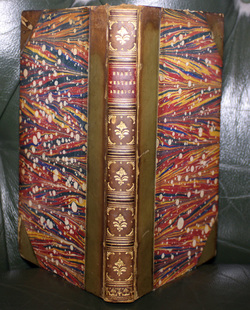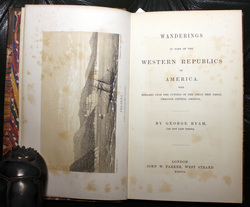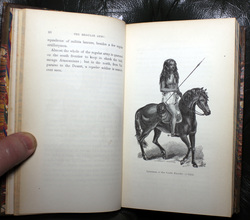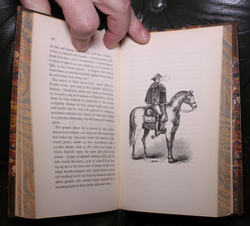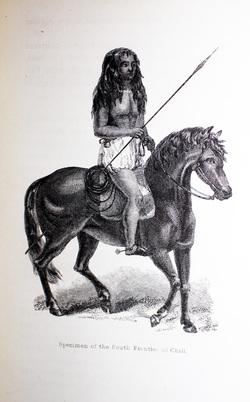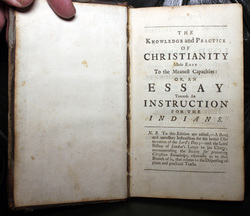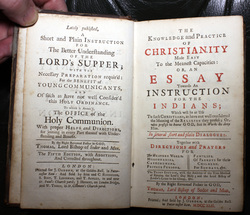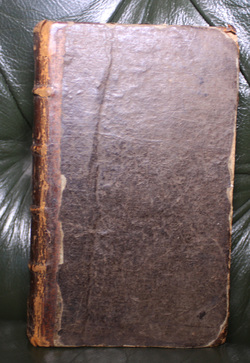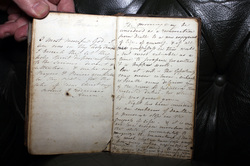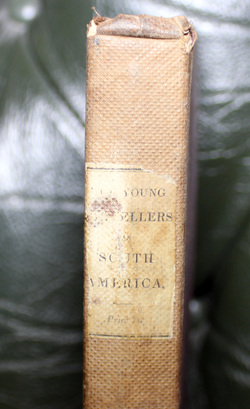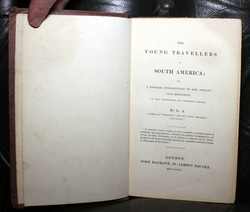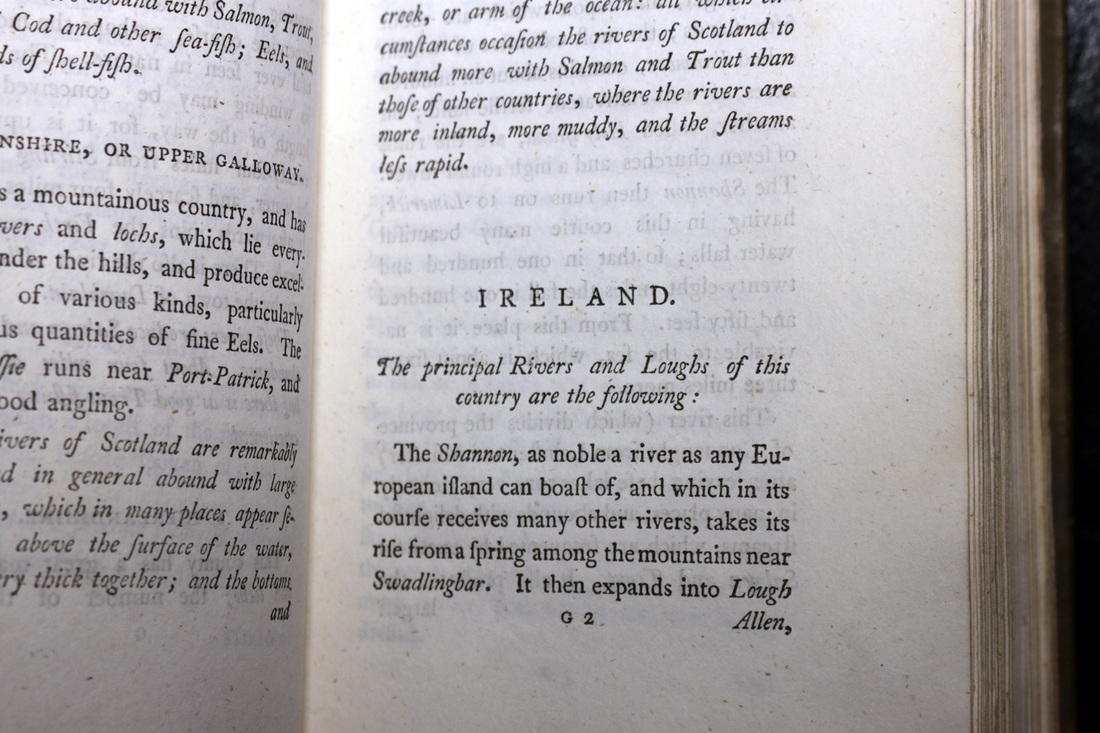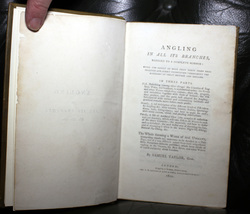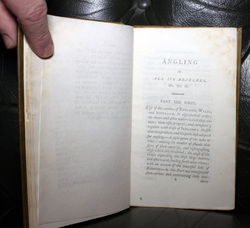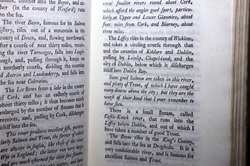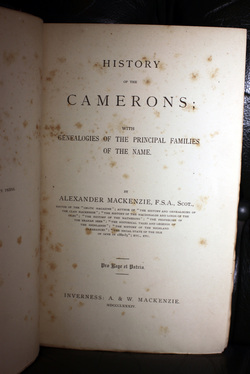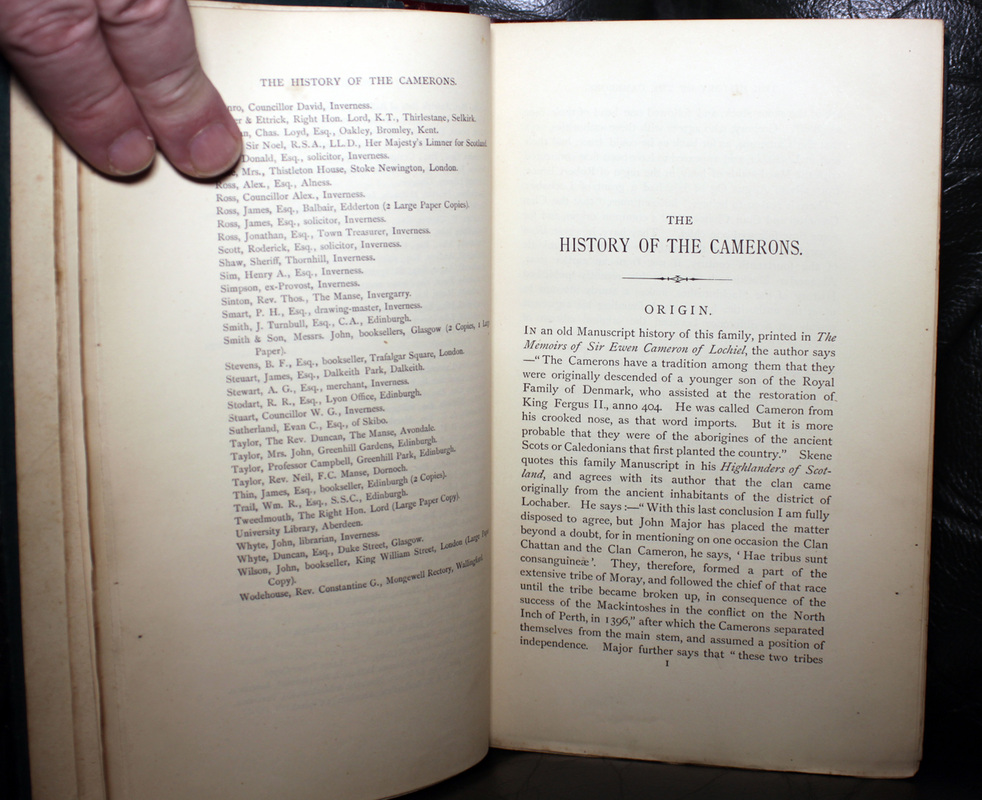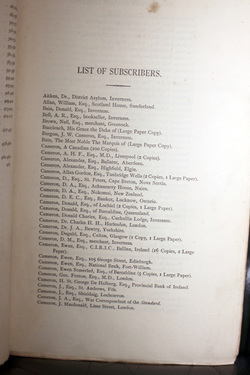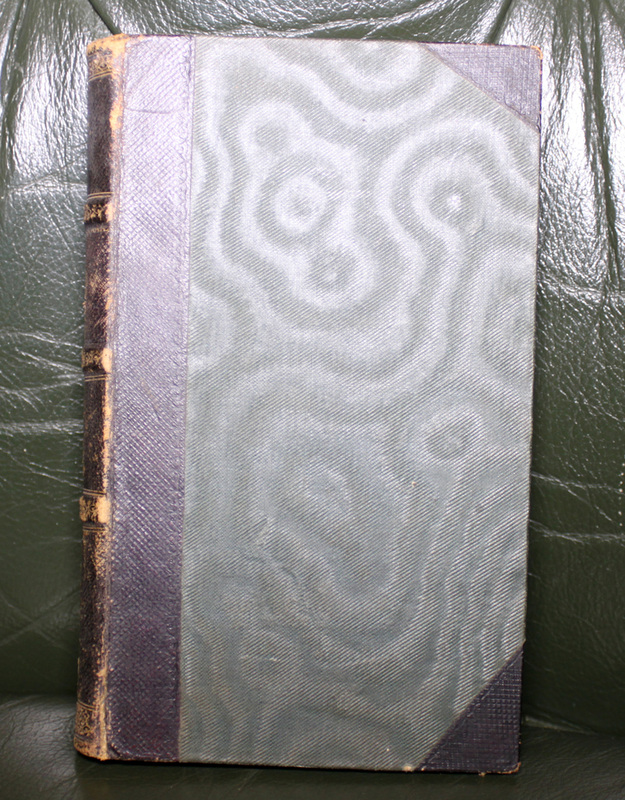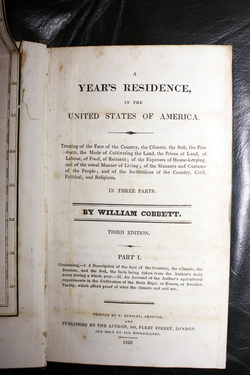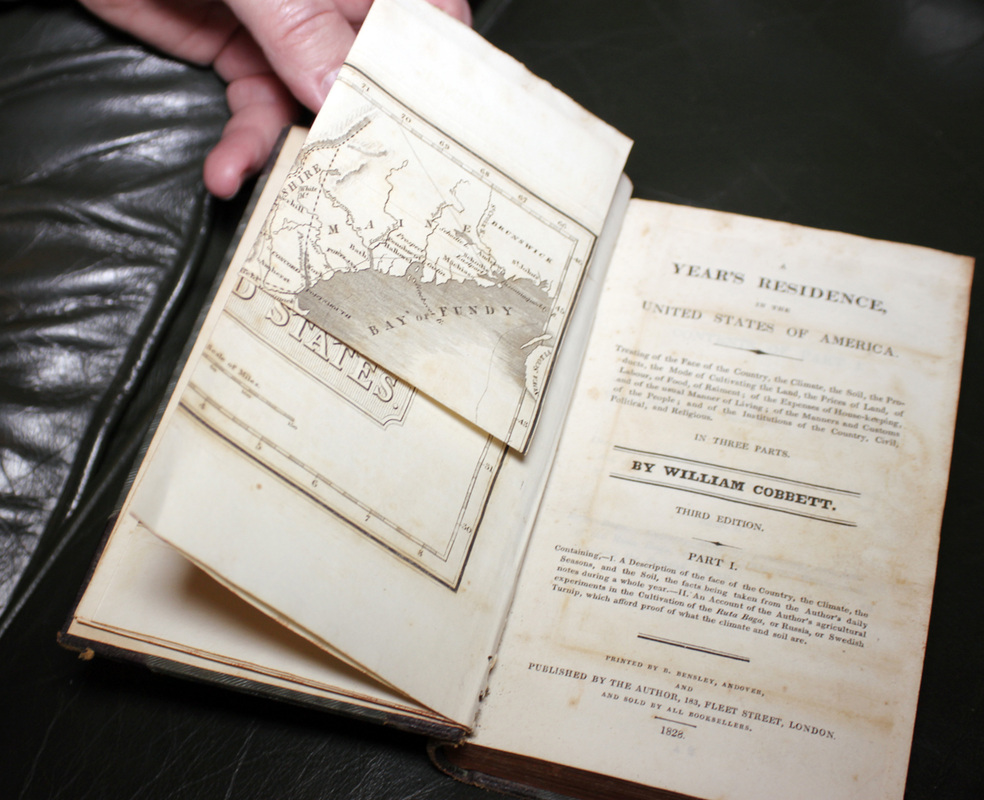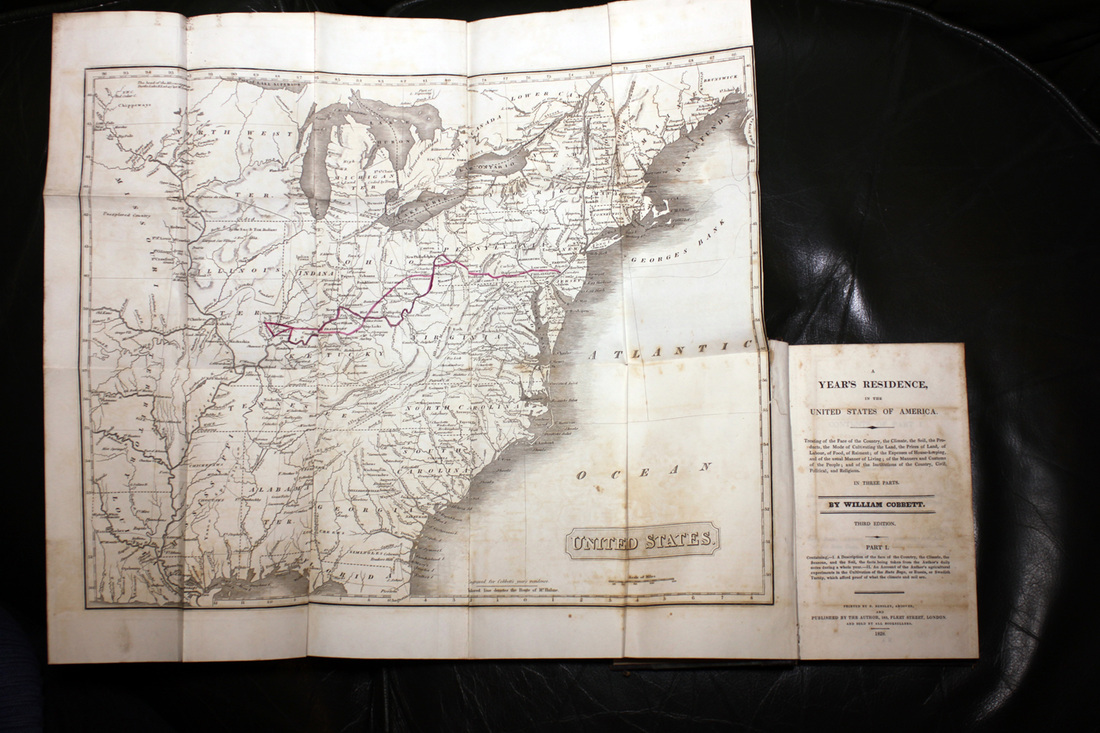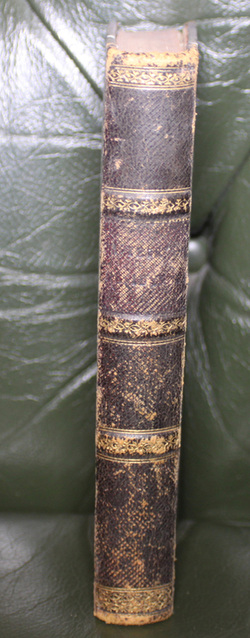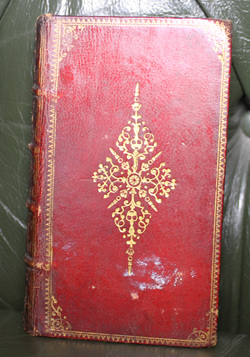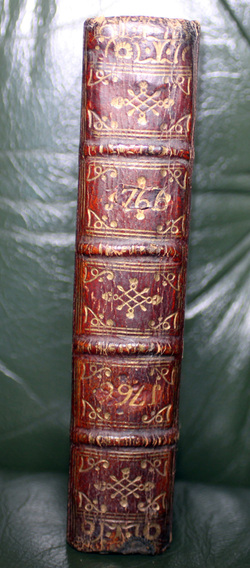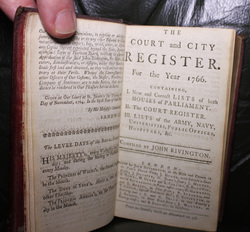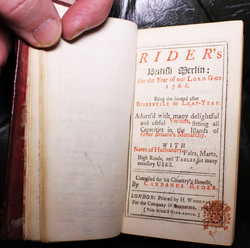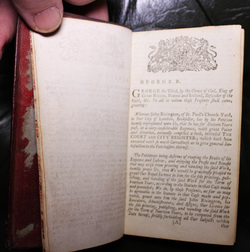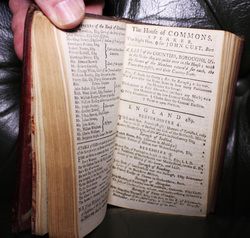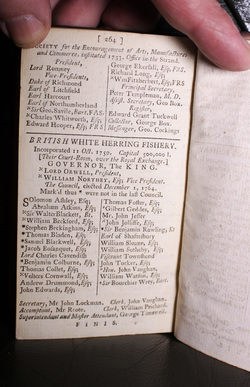|
Thomas Lord Bishop of Sodor and Man.
Thomas Lord Bishop of Sodor and Man.
The Knowledge and Practice of Christianity made easy to the meanest capacities, or, An Essay towards an Instruction for the Indians;- 1742 Published by J. Osborne, London, 1742;- 3rd. Edition with the addition of the True Method of Keeping the Lord’s Day Holy;- and the Lord Bishop of London’s Letter to his Clergy. Title-page printed in red and black. Original brown leather bonding, worn. 'The Knowledge and Practice of Christianity Made Easy to the Meanest Capacities: Or, An Essay Towards an Instruction for the Indians'. Early editions are scarce. Thomas Wilson (20 December 1663 - 7 March 1755) was Anglican Bishop of Sodor and Man between 1697 and 1755. He was a keen supporter of foreign missions. He was an early advocate of the Society for the Propagation of the Gospel in Foreign Parts. Bishop Wilson's relations with the people of the Isle of Man were marked by mutual affection and esteem. His personal piety expressed itself in energetic charitable activity and he often intervened to shield his flock from the demands of the state authorities. He declined preferment to the much wealthier See of Exeter. When he died on 7 March 1755 at the age of 91, it is said that his funeral was attended by nearly the whole adult population of the Isle of Man. The knowledge and practice of Christianity made easy to the meanest capacities, or, An essay towards an instruction for the Indians : which will be of use to such Christians as have not well considered the meaning of the religion they profess, or who profess to know God but in works do deny him : in several short and plain dialogues : together with directions and prayers for the heathen world, missionaries, catechumens, private persons, families, of parents for their children, for Sundays &c. by the Right Reverend Father in God, Thomas, Lord Bishop of Sodor and Man. |
A. G.
A. G.
The Young Travellers in South America: or, a Popular Introduction to the History and Resources of that interesting and important region. Published in London by John Macrone 1835 -1st.Edition;- Includes Mexico, Paraguay, Cuba, Peru and Chile. Original purple cloth binding, with a white paper label to the top of spine, worn but there. 292 pages in good condition. Early travel of South America are highly collectable. |
Samuel Taylor, Gent.
Samuel Taylor, Gent.
Angling In All Its Branches Reduced To A Complete Science Being the Result Of More Than Forty Years Real Practice And Strict Observation Throughout The Kingdoms Of Great Britain And Ireland Published by T.N.Longman and Rees 1800 - 1st. Edition. In Three Parts. New endpapers. Some staining to corners of a few pages to the end pages. Original Grayish leather binding with a red label to the top of the spine with gilt lettering within, “Taylor on Angling” date also in gilt below the spine. Handsome copy of early Angling or Fishing are highly collectable. 296 pages with 3 pages of Ads for published book by Longman, Rees to the back pages. Part 1;- Counties of England;- Part 2;- A Full description of the Fish taken by Angling. And Part 3;- A List of Artificial Flies used. The Three Kingdoms are England, Wales and Ireland. " The whole forming a work of real utility”. A fine collectable book. |
Alexander Mackenzie
Alexander Mackenzie
History of the Camerons; With Genealogies of the Principal Families of the Name Published in Inverness: A & W MacKenzie 1884;- 1st. Edition. Original cloth covers with a red cloth to spine and green cloth covers. Gilt lettering to the spine. A List of Subscribers within. An Index to the back pages, an Appendix also to the back pages. 478 pages to the book, so complete, some slight foxing to the first few pages. otherwise a fine copy of a very collectable book;- Clan Cameron is a West Highland Scottish clan, with one main branch Lochiel, and numerous cadet branches. The Clan Cameron lands are in Lochaber and within their lands lies Ben Nevis which is the highest mountain in the British Isles. The Chief of the clan is customarily referred to as simply “Lochiel". The origins of Clan Cameron are uncertain and there are several theories. A manuscript of the clan says that it is old tradition that the Camerons were originally descended from the son of the royal family of Denmark who assisted the restoration of King Fergus II of Scotland, and that their progenitor was called Cameron from his crooked nose (Scottish Gaelic: cam-shròn, Scottish Gaelic pronunciation: [ˈkʰaməhɾoːn̪ˠ]) – such nicknames were and are common in Gaelic culture, and that his dependants then adopted the name. However the Collins Scottish Clan Encyclopedia states that a more likely origin is that Donal Dubh, the first chief of Clan Cameron was descended either from the Macgillonies or the mediaeval family of Cameron of Ballegarno in Fife. According to John Mair, the Clan Cameron and the Chattan Confederation shared a common origin and together followed one chief, but this statement has no foundation or evidence to support it. Allen surnamed MacOrchtry the son of Uchtred is mentioned by tradition as the chief of Camerons during the reign of King Robert II of Scotland and, according to the same source, the Camerons and Chattan Confederation were two rival, hostile tribes. Sometime around the beginning of the 15th century (or possibly earlier) the Camerons established themselves as a Highland clan in the western end of the Great Glen in Lochaber.[8] It is likely they did so through the marriage of a local heiress of the Mael-anfhaidh kindred (Clan Mael-anfaidh, which Moncreiffe translates as "children of He who was Dedicated to the Storm"). The Collins Scottish Clan Encyclopedia states that the heiress was from the Macmartin of Letterfinlay family. By the 15th century, after the Mael-anfhaidh chiefship had passed into the Cameron family, the local families of MacMartin of Letterfinlay, MacGillonie of Strone and MacSorley of Glen Nevis were absorbed within the incoming Clan Cameron. In consequence, the early chiefs of the Highland Camerons were sometimes styled "MacGillonay".Since the 15th century though, Clan Cameron chiefs have been more commonly styled Mac Dhomnuill Dubh, in reference to the first Cameron chief whom succession can be traced. Donald Dubh was the first "authentic" chief or captain of this confederation of tribes which gradually became known as the Clan Cameron, taking the name of their captain as the generic name of the whole, until the clan was first officially recognized by that name in a charter of 1472;- |
William Cobbett
William Cobbett
A YEAR'S RESIDENCE IN THE UNITED STATES OF AMERICA; Published in London: by the Author, Self Published 1828;- In Three Parts;- With a foldout map of the United States as it was in 1828. Outlined in red the route he travelled. Treating of the Face of the Country, the Climate, the Soil, the Products, the Mode of Cultivating the Land, the Prices of Land, of Labour, of Food, of Raiment . ...of the Expenses of House-Keeping, and of the Usual Manner of Living, of the Manners and Customs of the People, and of the Institutions of the Country, Civil, Political and Religious : Original three quarter black leather binding with blue silk covers. gilt decorations along the spine. A Postscript by Cobbett and Townsend to the back pages. An Index to all three parts also to the back pages. A Treatise on Cobbett's Corn, Containing Instructions for Propagating and Cultivating the Plan, and for Harvesting and Preserving the Crop. $250 William Cobbett (9 March 1763 – 18 June 1835) was an English pamphleteer, farmer and journalist, who was born in Farnham, Surrey. He believed that reforming Parliament and abolishing the rotten boroughs would help to end the poverty of farm labourers, and he attacked the borough-mongers, sinecurists and "tax-eaters" relentlessly. He was also against the Corn Laws, a tax on imported grain. Early in his career, he was a loyalist supporter of King and Country: but later he joined and successfully publicised the radical movement, which led to the Reform Bill of 1832, and to his winning the parliamentary seat of Oldham. Although he was not a Catholic, he became a fiery advocate of Catholic Emancipation in Britain. Through the seeming contradictions in Cobbett's life, his opposition to authority stayed constant. He wrote many polemics, on subjects from political reform to religion, but is best known for his book from 1830, Rural Rides, which is still in print today. |
John Rivington, (compiled)
John Rivington, (compiled)
The Court and City Register for the year 1766 Published in London 1766;- Containing 1. New and Correct Lists of both Houses of Parliament. 2. The Court Register. 3. Lists of the Army, Navy, Universities, Public Offices, Hospitals, &c. An Alphabetical Index to the front pages. With Rider’s British Merlin for the year of the Lord God 1766. Original red leather binding, with extensive use of gilt decorations to both spine and front and back covers. Gilt edging throughout. In fine collectable condition. An important book with the List of the most powerful running the British Empire, including the U.S.A. George the Third was King;-George III (George William Frederick; 4 June 1738– 29 January 1820) was King of Great Britain and King of Ireland from 25 October 1760 until the union of these two countries on 1 January 1801, after which he was King of the United Kingdom of Great Britain and Ireland until his death. He was concurrently Duke and prince-elector of Brunswick-Lüneburg ("Hanover") in the Holy Roman Empire until his promotion to King of Hanover on 12 October 1814. He was the third British monarch of the House of Hanover, but unlike his two Hanoverian predecessors he was born in Britain, spoke English as his first language, and never visited Hanover. But the Prime Minister at the time of Publishing his book 1766 was The Most Honourable Charles Watson-Wentworth, 2nd Marquess of Rockingham;- Followed by William Pitt, 1st Earl of Chatham (1708–1778), Prime Minister of Great Britain 1766–1768; often known as William Pitt the Elder. |

